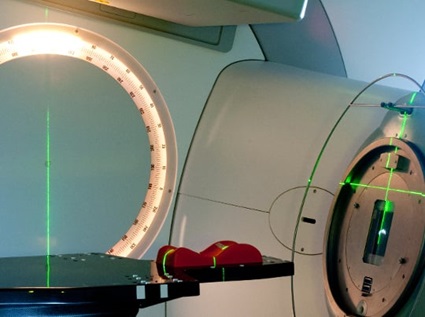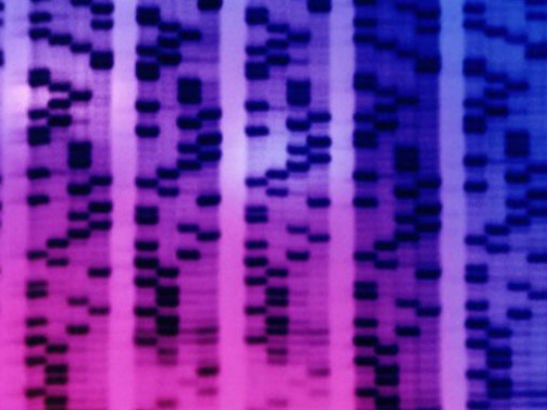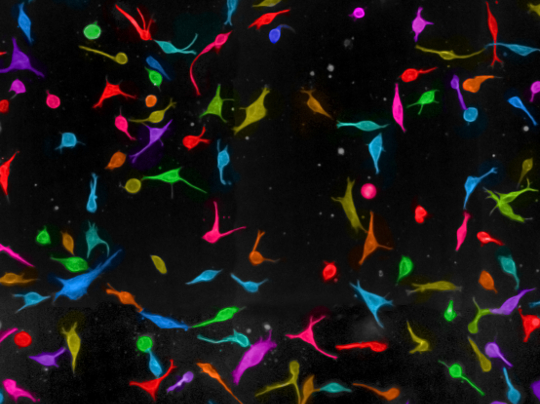News and features
Read the latest news and features about our world-leading research, discoveries, fundraising and philanthropy. If you want to keep updated on our news, you can follow us on social media or sign up for our Search newsletter.
If you’re a journalist and want to find out more, you can contact our media relations team.

HRT safe and perhaps beneficial in women treated for ovarian cancer, major trial shows
Women with the commonest type of ovarian cancer can safely take hormone replacement therapy according to results from a 24-year, phase III international trial.

Fewer, larger radiotherapy doses prove effective for prostate cancer patients
Giving fewer but higher doses of radiotherapy, is as effective at treating prostate cancer as giving lower doses for a longer period, according to research presented at the 2015 European Cancer Congress.

Understanding why some men still die from testicular cancer
Since the early 1970s survival for testicular cancer has risen continuously, and current cure rates are a remarkable 96%. Research attention is now focused on the minority of patients who do not survive.

Tom Bowdidge Foundation gives £250,000 for rare cancer research
The Tom Bowdidge Foundation has pledged to give more than £250,000 to support research into a rare form of cancer called desmoplastic small round cell tumour.

Rare variants are not so rare after all, new study finds
Scientists from the ICR have shown that each person in the UK has an average of 160 rare genetic variants.

Sir Kenneth Stowe, former ICR Chairman and senior civil servant, dies
Sir Kenneth Stowe, who was Chairman of the ICR in the eighties and nineties, has died.

Professor Nazneen Rahman featured in list of London’s most influential people
For the second consecutive year, Professor Nazneen Rahman has featured in the London Evening Standard’s ‘Power1000’ list of the most influential people in London.

Cancer genes control the way cells get fat
Scientists have shown that the tumour suppressor gene TP53 and genes in TOR family play a role in fat production during normal cell division, with important implications for cancer biology.

New Head of Cancer Biology to target cancer cell division
World-leading cell biologist Dr Jonathon Pines joins the ICR as Head of the Division of Cancer Biology.

Nearly half of testicular cancer risk comes from inherited genetic faults
Almost half of the risk of developing testicular cancer comes from the DNA passed down from our parents, a greater proportion than for other cancers.

Breast cancer test could spare some women from unnecessary chemotherapy
A prognostic tool for breast cancer could spare some women from unnecessary chemotherapy, a new study shows.

Shape-shifting cells can take detours to drive skin cancer metastasis
Scientists have observed malignant melanoma cells shift between forms that each have the ability to invade different tissue types.
